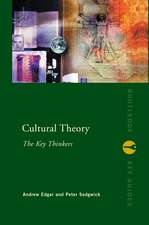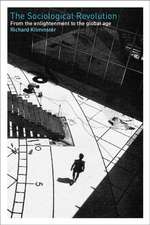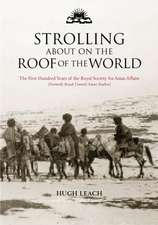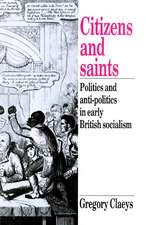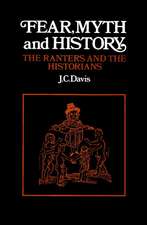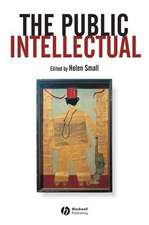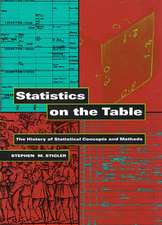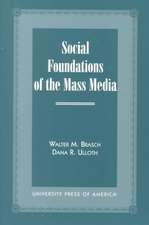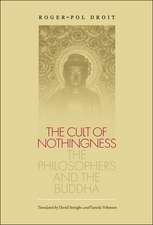The Legacy of Thomas Paine in the Transatlantic World
Editat de Sam Edwards, Marcus Morrisen Limba Engleză Paperback – 12 dec 2019
| Toate formatele și edițiile | Preț | Express |
|---|---|---|
| Paperback (1) | 382.87 lei 6-8 săpt. | |
| Taylor & Francis – 12 dec 2019 | 382.87 lei 6-8 săpt. | |
| Hardback (1) | 1090.44 lei 6-8 săpt. | |
| Taylor & Francis – 21 noi 2017 | 1090.44 lei 6-8 săpt. |
Preț: 382.87 lei
Nou
Puncte Express: 574
Preț estimativ în valută:
73.30€ • 76.19$ • 60.77£
73.30€ • 76.19$ • 60.77£
Carte tipărită la comandă
Livrare economică 07-21 februarie 25
Preluare comenzi: 021 569.72.76
Specificații
ISBN-13: 9780367876050
ISBN-10: 0367876051
Pagini: 264
Dimensiuni: 152 x 229 x 14 mm
Greutate: 0.45 kg
Ediția:1
Editura: Taylor & Francis
Colecția Routledge
Locul publicării:Oxford, United Kingdom
ISBN-10: 0367876051
Pagini: 264
Dimensiuni: 152 x 229 x 14 mm
Greutate: 0.45 kg
Ediția:1
Editura: Taylor & Francis
Colecția Routledge
Locul publicării:Oxford, United Kingdom
Cuprins
Introduction: The Use and Abuse of Thomas Paine in the Transatlantic World Sam Edwards and Marcus Morris Part I: The Image and Idea(s) of Paine: Origins, Use and Reuse 1. The Image of Tom: Paine in Print and Portraiture W. A. Speck 2. "I Am Made to Say What I Never Wrote": Deism, Spiritualism and Ventriloquizing Paine, c. 1790s-1850s Patrick W. Hughes 3. All Paine: The American Mind and the Creation of the League of Nations and the U.N. Michael Holm 4. The Distortion of Thomas Paine’s Philosophy of Government Gary Berton Part II: Discovering and Using Paine’s Radicalism 5. "Revolutions Are the Order of the Day": Atlantic Fragments of Thomas Paine, c. 1819-1832 Matteo Battistini 6. Posthumous Paine in the United Kingdom, 1809-1832: Jacobin or Loyalist Cult? Matthew Roberts 7. "The Neglect of Paine Seems Particularly Strange at the Present Political Juncture": Explaining British Socialists’ Relationship to Paine, c. 1884-1914 Marcus Morris 8. Citizens of the World: Paine and the Political Prisoners Transported to Australia Tony Moore Part III: Remembering and Remaking Paine 9. Common Sense on the Lower East Side: Thomas Paine and the Era of Immigration, c. 1900-1950 Louis Mazzari 10. "A Monument in Every City?": Thomas Paine in Memoriam Theodore Marotta 11. "He Came from America Didn’t He?": The Thetford Statue Controversy and the Problem of Paine in Transatlantic Memory, c. 1909-1970 Sam Edwards Afterword: The Struggle for Paine’s Memory and the Making of American Democracy Harvey J. Kaye
Notă biografică
Sam Edwards is Senior Lecturer in American History at Manchester Metropolitan University.
Marcus Morris is Lecturer in Modern European History at Manchester Metropolitan University.
Marcus Morris is Lecturer in Modern European History at Manchester Metropolitan University.
Descriere
With essays authored by experts on both sides of the Atlantic (and beyond), this book examines the transatlantic afterlife of Thomas Paine, offering new insights into the ways in which he has been used and abused, remembered and represented, in the two hundred years since his death.




